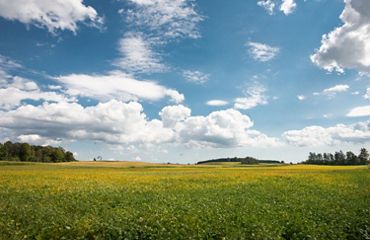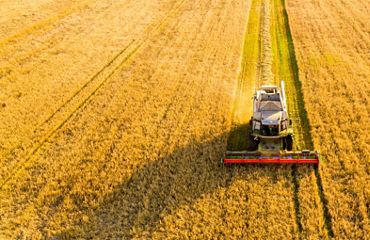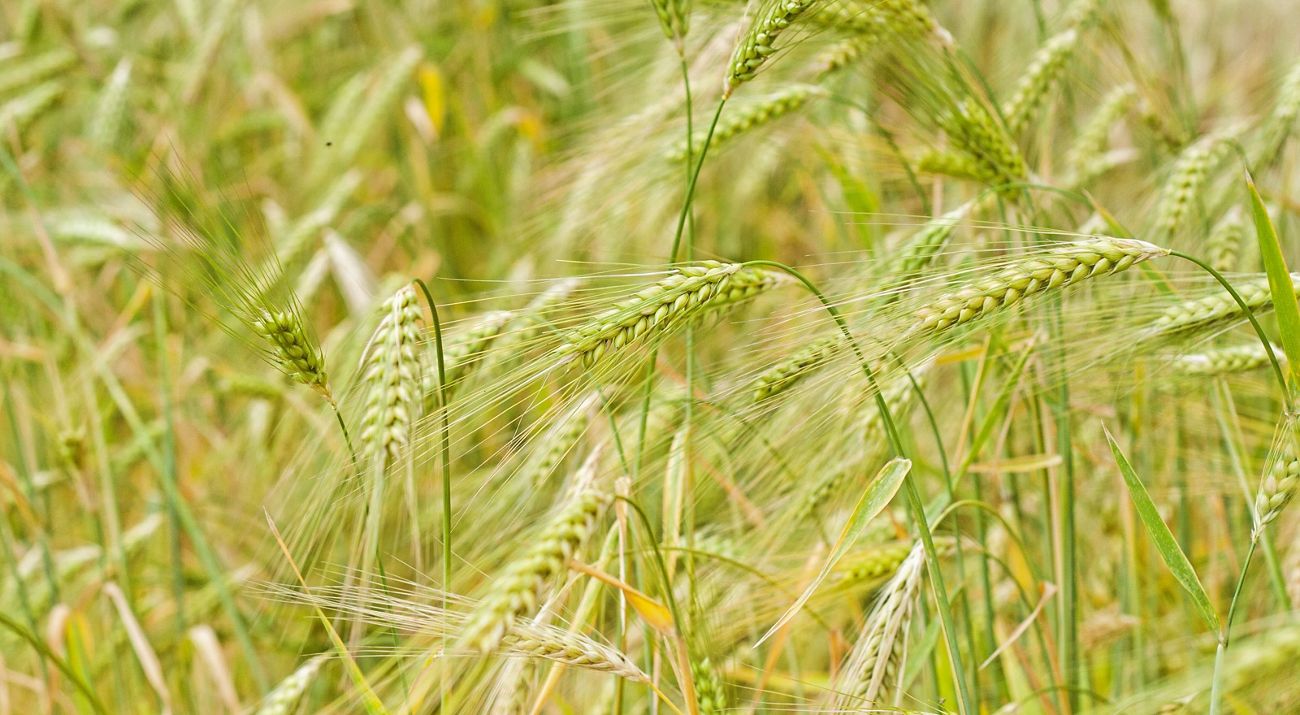Land Ethic for Canada’s Farmlands
A conversation with our Agriculture Strategy Director, Les Fuller, about transforming agriculture through Natural Climate Solutions
What drew you to this role at Nature United?
I grew up on a multi-generational mixed farm in Saskatchewan where our family had a Land Ethic, that governed how we treated the land. This went far beyond production considerations, but emphasized diverse values including habitat, wetlands, the beauty of the landscape — and all the way down to the song of a meadowlark early in the morning.
In contrast, I’ve watched agriculture across Canada become increasingly industrialized and dependent upon fossil fuels. Recent energy price fluctuations have directly impacted farm profitability. This raises the question of whether the status quo is sustainable and whether it is consistent with a secure food production system.
I’ve joined Nature United to enable a resilient way forward, particularly how to engage Natural Climate Solutions to transform Canadian agriculture. I believe that there is a way to ensure that producers become more profitable; our production systems recognize the value of natural processes; and all of this helps to mitigate climate change. I’m committed to developing an action plan to use nature’s processes as an ally in our agricultural production systems, rather than something that needs to be eliminated.
Quote: Les Fuller

Canadian agriculture has a choice to make, and it must be made soon — do we want to be leaders in climate mitigation, or will we be followers who are governed by forces beyond our control and beyond Canadian borders?
What has been your journey in the field of agriculture?
My farm background led me to pursue a B.Sc in Agriculture, an M.Sc in Soil Science and a Ph.D. in Soil Chemisty. While studying, I worked with the Land Resource Unit of Agriculture Canada, where I mapped, assessed and evaluated the soil landscape in the Prairie region. This shaped my understanding of the complexity of landscape in relation to soil, water and the processes that support a variety of land uses, be they agriculture, wildlife, water resources or recreation.
From there, I worked in academia and ventured into environmental consulting where I participated in many environmental impact assessments. Most recently, I was the Director of Member Competence at the Alberta Institute of Agrologists, where I developed professional practice standards in Agrology. These experiences have shaped my understanding of how closely the agricultural and environmental sectors are connected, as well as highlighted the challenges we face in balancing food production with preservation of ecosystem services across agricultural landscapes.
What is the role of agriculture in Canada for addressing the climate crisis?
Canadian agriculture has a choice to make, and it must be made soon — do we want to be leaders in climate mitigation, or will we be followers who are governed by forces beyond our control and beyond Canadian borders?
The potential for Canadian agriculture to lead in carbon sequestration and integrating ecosystem services is only expanding. This needs to be led by producers, while being backed by the agricultural system — including supply chains, marketing agencies, finance and risk management institutions — as well as provincial and federal governments in developing helpful policy and legislation. I am hopeful that Nature United can help achieve these benefits for Canadian agriculture.
Quote: Les Fuller

The barriers to adopting NCS in Canadian agriculture are the very structures, entities and philosophies that support the status quo. If we wish to do things better, we cannot use the same thinking that got us here.
What are the opportunities and challenges in accelerating agricultural Natural Climate Solutions?
The barriers to agricultural NCS are the very structures, entities and philosophies that support the status quo. If we wish to do things better, we cannot use the same thinking that got us here. Numerous players in the Canadian agricultural sector already acknowledge the need to step up and lead the world in adopting NCS for sustainable, resilient and healthy food production systems. Society is demanding it, and the time is ripe for change.
Nature United is part of a global organization, which gives us the opportunity to tap into diverse experience and knowledge related to sustainable agriculture and economies. At the same time, I hope to work with Canadian producers to identify barriers to adopting NCS. Their voices must be heard if NCS is to become a routine part of our food production systems.
What inspires you outside of work?
Nature is where I go to be rejuvenated. My wife and I live about three hours east of the Rocky Mountains, and we enjoy camping, hiking and fishing. Our home is in a mixed forest on the North Saskatchewan River, and I will often go out and sit in the forest for hours where the hectic pace of a modern world is put on hold for a time. I enjoy seeing how nature in all its complexity works in harmony, and I wonder how we can better align with nature’s way of doing things.
I’m also a photographer and musician. I have an artistic side, and I use that creative side of my brain to keep dynamic and innovative with all the work I do.



